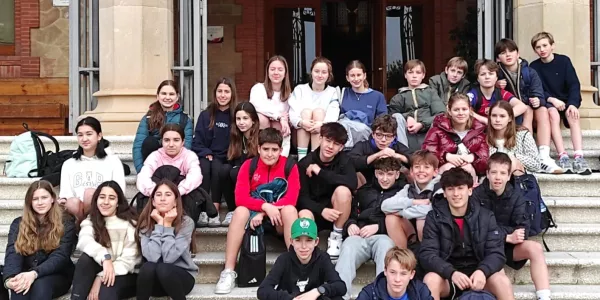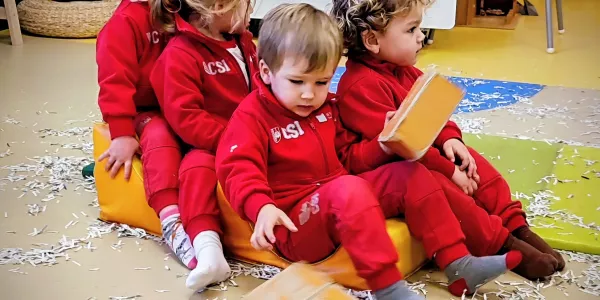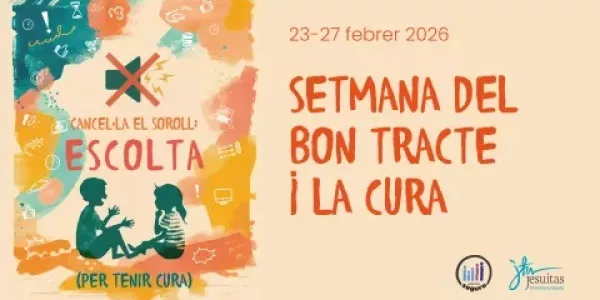November
25th,
2025
Rafel Jaume, former Sant Ignasi student, wins the Josep Vallverdú Award
Rafel Jaume, a former Sant Ignasi student, won the 42nd Josep Vallverdú essay prize with the work 'L’algorisme d’Orfeu. Música, ètica i intel·ligència artificial' (The Orpheus Algorithm: Music, Ethics and Artificial Intelligence), which explores the role of algorithms as mediators when listening to music.
In this sense, the essay presents a modern spin on the legend of Orpheus and the author questions music's effect when it depends on a calculation and not on human intention, while also defending the ethics of listening.
Image

Rafel Jaume is an associate professor at Ramon Llull University, a researcher and a musician, holding a Master's degree in philosophy. He also studied digital innovation at Ramon Llull University and trained as a composer at the Film Scoring Academy of Europe. He currently composes choral music and musical theatre works.
In his work, he explores how symbolic systems, from language to algorithms, shape the way we think, learn, and create. Through a humanistic and interdisciplinary lens, he focuses his research on the ethical and social implications of music and artificial intelligence, and how these technologies redefine the contemporary cultural and educational experience.
In the essay that won the literary prize, the author starts from the premise that 'music is part of our human condition and inevitably affects us' and goes on to ask what it means for the inner freedom of human beings when an algorithm anticipates an emotional state or when it is platforms and social media that determine which sound 'accompanies, consoles, or awakens us'.
He also points out that 'the challenge is to understand where this effect comes from and to what extent we are aware of it' in a context in which 'artificial intelligence is more invisible and powerful than ever'. 'The essay doesn't just discuss enchantment, but about the risk of blindly trusting a power that can guide us to the depths of our emotions', concludes Jaume.


